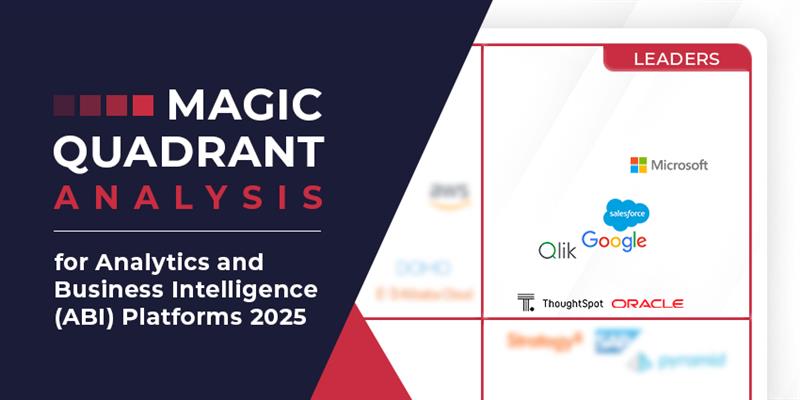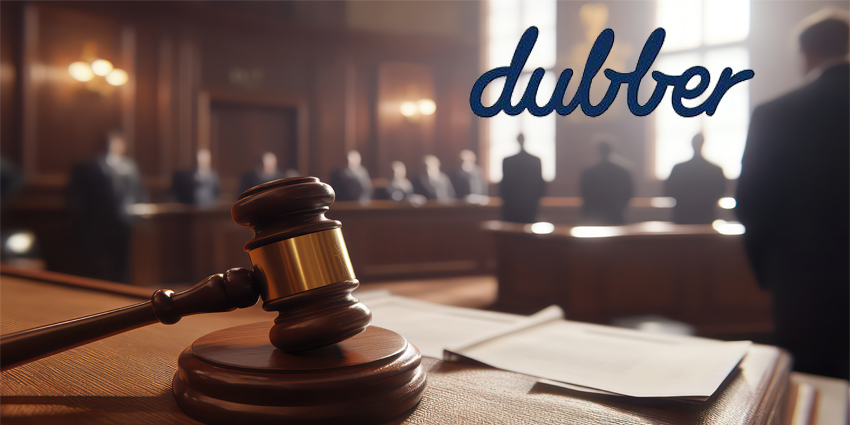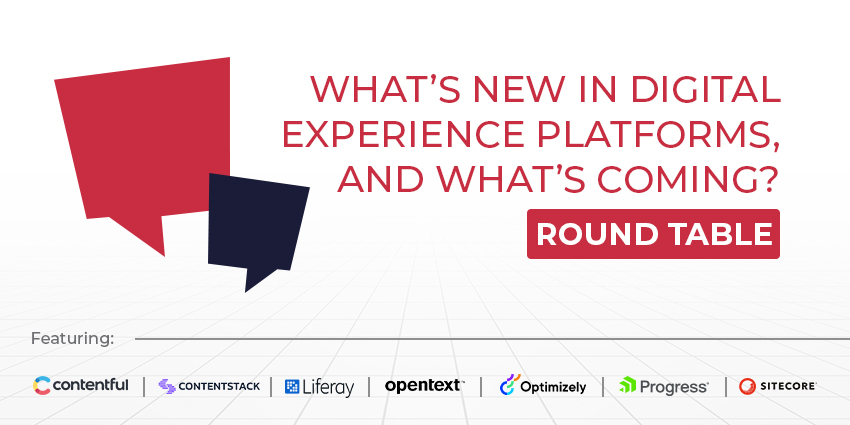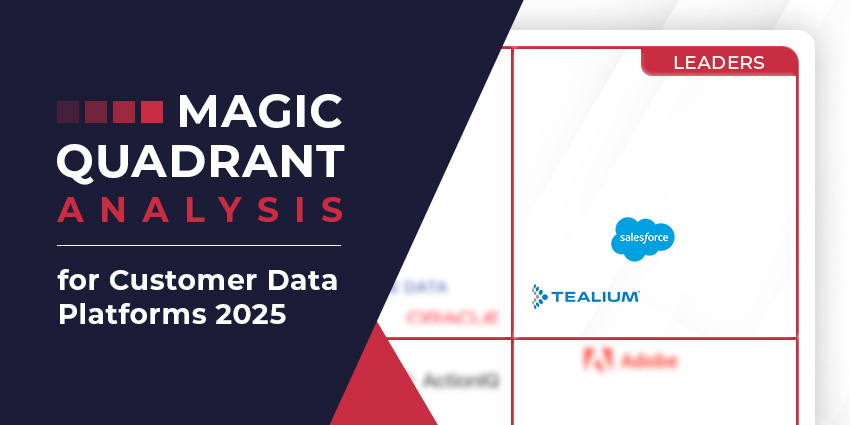Recordings of customer conversations can be hugely beneficial when training agents, helping to pinpoint precise quality issues, and initiate course correction. In some cases, recording calls is part of the compliance mandate, demonstrating that you have not sourced customer data without authorisation or consent. But on the flip side, agents may not always feel comfortable if someone is looking over their shoulders, and some customers may object to being recorded.
So, what is the industry standard for call recording? Should contact centres record all calls by default?
The answer is slightly more nuanced than a Yes or a No.
Understanding the State of Call Centre Conversation Recording in 2021
A 2014 survey found that 95% of team leaders in contact centres have access to agent call recordings. This suggests that call recording is a business staple, and the overwhelming majority of organisations have mechanisms in place to monitor, record, and study contact centre conversations.
A more recent study conducted in 2019 reaffirmed this finding. 90.3% of organisations were using call recording technology, up from 87.5% in 2017 and 85.8% in 2016 as per the same annual study. What’s more, of the remaining 10% or so, 4.7% had a call recording solution on the top of their wishlist.
In 2021, it is safe to say that most large, mature, standardised contact centres will have some form of monitoring and recording solution in place to ensure agent conversations meet a specific KPI benchmark. This has become such a critical business need that Microsoft Teams announced that it would start charging for its call recording APIs from 2020.
The Case Against Call Recording in Contact Centres
Importantly, 5% of respondents in the 2019 study categorically mention that they do not use call recording technology. Indeed, it can be a problem for smaller contact centres to keep up with the compliance mandates surrounding the recording of conversations.
In the US, for example, some states follow a one-party consent system where the agent’s willingness to be recorded is enough to stay compliant. However, 12 states, including California, Washington, and a few others with more severe data privacy laws require consent from both parties.
In sectors like healthcare or financial services, where sensitive information might be recorded on call, you need to consider industry-specific laws (like HIPAA) as well.
It might make more sense for small contact centres catering to a tiny pool of customers to not record calls in the first place.
Why is Call Recording an Industry Staple, Despite Complexities?
At the end of the day, a large contact centre needs to employ automations like speech analytics, voice quality analysis, AI/NLP, etc. to get meaningful training data out of a massive volume of conversations. If there is a complaint or a conflict, recordings bring transparency and simplify root cause resolution in a fair, objective manner.
Marketing and product development could even use recording data for their campaigns.
For these reasons, it is advisable that contact centres invest in robust and compliant call recording technology, in line with the industry standards.







